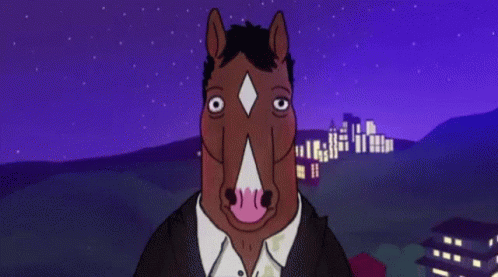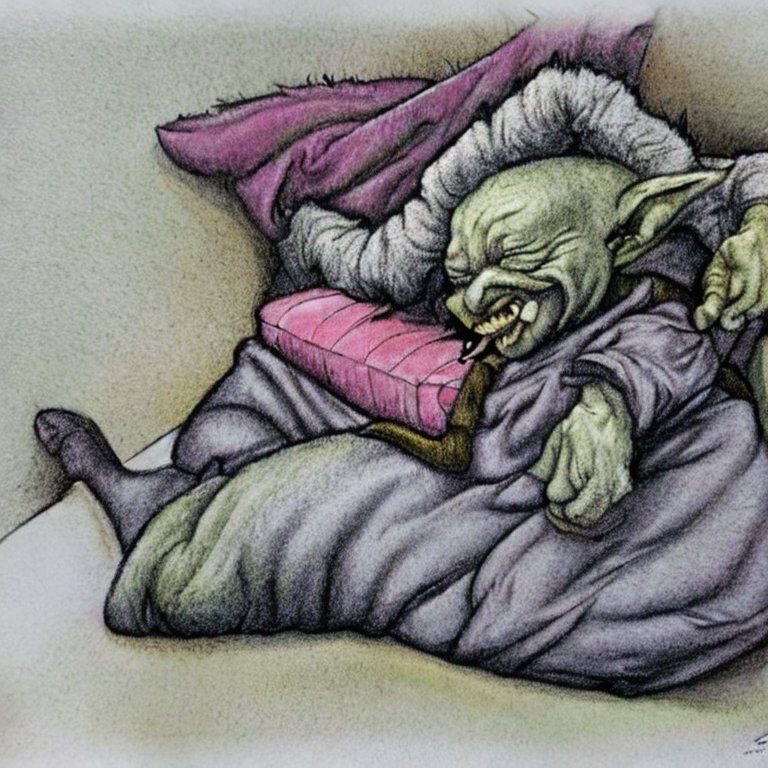Ever heard the expression “Give someone the cold shoulder”? Maybe you’ve been given one yourself and you don’t even know: let’s find out its meaning and origin.
Meaning
To give someone the cold shoulder means to ignore them, to display coldness or indifference, intended to wound. Let’s say you have an argument with your passive aggressive colleague and then they (it’s not a typo: you can use they as a more inclusive pronoun, as you’ll find out here) start behaving like you never existed, looking down on you whenever you’re close. Well, there’s an idiom for that studied indifference, so at least next time you’ll be able to use it when you confront them.
Here are some examples from our favourite Linguistic Search Engine (LSE), Ludwig:
If she flirts, give her the cold shoulder.
Though you should ignore the criticism, do not just give them the "cold shoulder".
When they give you the cold shoulder, they leave you inwardly begging for more attention.
Origin
As is often the case with idioms and common sayings, there’s more than one theory about the origin of “cold shoulder”. One may be a folk etymology based on the belief that, in the Middle Ages, welcome guests would be treated with an abundant hot meal and refreshing beverages. If you were not in that club however, or if you had taken too much advantage of your host’s generosity, you ended up being served a cold shoulder of mutton, probably leftovers: that was the sort of meal the upper household staff would get, so it clearly meant “Enough is enough, now get out, you scrounger!”.

Many researchers dispute this origin, and argue that there's no evidence to support this view, whereas a different theory has Sir Walter Scott as main character. In his novel The Antiquary, which was first published in 1816, the expression is used twice:
The Countess’s dislike didna gang (didn’t go) farther at first than just showing o’ the cauld shouther” (Scottish for ‘cold shoulder’)
and, later on:
I must tip him the cold shoulder, or he will be pestering me eternally.
Both instances clearly refer to the act of turning one’s back in a display of emotional “coldness".
However, Sir Walter Scott did not create this idiom, he just made it popular: in an earlier humoristic article published in The Chester Chronicle (Cheshire) of 22nd July 1808 (eight years before The Antiquary) cold shoulder refers to an actual dish of cold meat offered to an unwanted guest:
The inhospitable landlord treats his uninvited visitor to a ‘cold’ shoulder.
After Scott, “cold shoulder” started peeping out in novels by authors such as Thackeray, Dickens, Mark Twain, and Louisa May Alcott, soon becoming a very popular English idiom. The fact that a dish made with shoulder of mutton actually existed led to many literary puns, thus strengthening the connection between the dish and the saying:
The cold shoulder is not a palatable dish (London Illustrated News, 1884).

Even Charles Darwin wrote about this idiom: in his work The Expression of the Emotions in Man and Animals, he imagined that the expression referred to the behaviour of a cross kid sitting on their parent’s knees: they may give a backwardva shove with it, thus pushing away the parent. However, this origin seems unlikely: ‘cold’ could have referred to actual coldness rather than figurative.
Ludwig’s wrap-up
To give someone the cold shoulder means to ignore them, to show total indifference in order to hurt them. The origin is still not 100% sure: some say it’s related to Middle Ages hospitality rules and their use of cold mutton to unwelcome guests, others to body language, but both theories share the same meaning, even though they approach it from different angles. Considering that the first time this saying appeared it referred to an actual dish of cold meat offered to an unwanted guest, this may not be a folk etymology after all. Sir Walter Scott, shortly afterwards, referred to this idiom as originating from the act of turning one’s back in a display of emotional aloofness. Which came first, the chicken or the egg? I’m afraid we’ll never know, sorry!






